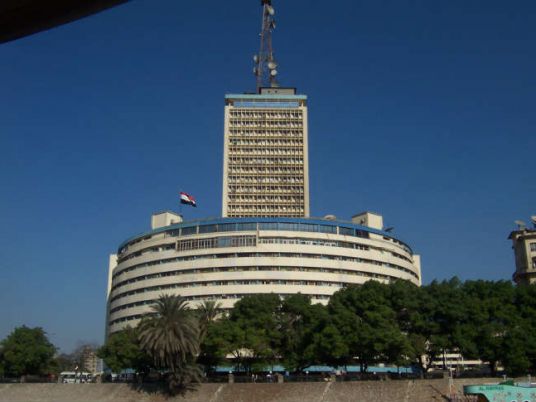A new report by the Egyptian cabinet’s Information and Decision Support Center (IDSC) reveals the country's widespread statistical and informational deficiencies.
The study, titled “Informational gaps in Egyptian Statistics and the Quality of Basic Data”, exposes a disconnect between facts and policy-making stretching the gamut of Egyptian society. The report's release coincides with the annual World Statistics Day, an event that emphasizes the importance of databases and statistics.
The report cites 51 government and independent experts in the economic, sociological, and management fields.
The study argues its most importance finding is the epidemic ineptitude of researchers and experts when handling statistics, leading to a failure to analyze issues of pressing concern.
The report then enumerates different aspects of life impacted by the informational disconnect. Health-related statistics top the list. The study stresses Egypt lacks a database to determine disease rates, such as cancer, hepatitis, diabetes, heart problems and AIDS. There is also an absence of adequate information on health care costs and quality, maternal mortality rates, unregistered births, and data on the relation between income and health.
With regards to the economy, the report highlights the absence of data on manpower, income, and expenditures, as well as small-sized projects operated by less than ten individuals. In a grave indication of the incongruity here, these businesses constitute the primary providers of job opportunities.
The economy also suffers a data shortage on work quality and payment averages, the study says. Budget figures for energy consumption, according to the study, are not specific.
Moreover, industrial activity statistics are insufficient, the study reveals, while also highlighting a shortage in prospective estimates on monopolistic practices.
Informational failures in determining the rates, reasons, sorts, and the legality of foreign migration, as well as the numbers of expatriates abroad and their locations are also endemic. Internal Immigration totals as well as patterns and motivations also continue undetected.
The report says that, although the tourism sector represents a principal source of national revenue, the country neither possesses statistics on the reasons for tourist visits, nor their approval rates. It also points to a shortage of data on domestic tourism.
Tackling media-related statistics, the report says researchers are obliged to rely on international data for information on Egyptian and regional TV viewership rates, as well as newspaper sales, media funding, advertisement ratios and benefits, and media personnel.
The study also uncovers an informational gap in environmental issues, with insufficient data on the impacts of pollutant industries.
Authorities also lack data on crimes types, scales, and locations, according to the report, which highlights a statistical gap in relation to unregistered marriages and street children.
Trudging on, the report says there is a lack of data on sectarian incident hotspots, while stressing a dearth of information on political party membership, as well as public political participation and trends.
The last data release on the quality of cultivable land was in the 1970s, according to the report, which also exposes a lack of statistics on agricultural production.
Education data also suffers a similar dearth, according to the report. It reveals a virtual absence of statistics for the number of students registered in faculties and higher institutes.
Urbanization and planning suffer from unavailable relevant statistics, the study claims. The government has failed to conduct reports on land prices, utilities in need of restoration, citizens’ opinion about the design of housing units and rent payment methods, the report says, which also illustrates a shortage in databases on population categories and aggregate birth rates nation-wide.
Experts say that some laws prevent employees from providing work details, arguing the country is also in need of exchange of information legislation. They also confirm reliance on international sources and personal contacts to overcome such obstacles, arguing that the lack of concise data mars Egypt’s international image, particularly when a disparity in local and international statistics is discovered.
Translated from the Arabic Edition.




